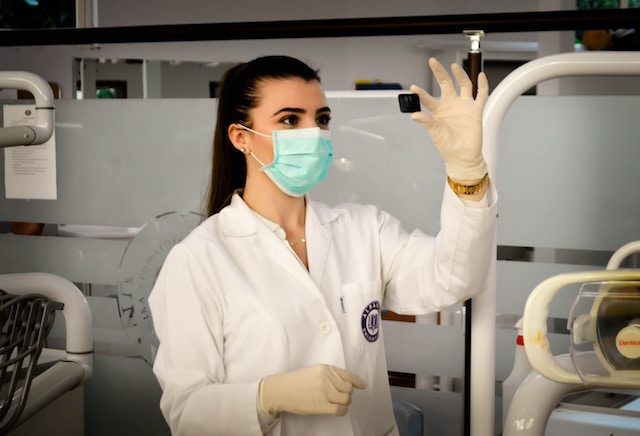A balanced approach to psychiatric assessment includes family factors’ impact on illness and functioning.
Unless patient safety is at risk, psychiatrists should always consider inviting families to sessions or recommending family psychoeducation or therapy. However, some patients decline family involvement for personal reasons. Psychiatrists can identify these barriers and help the patient brainstorm ways to overcome them.
Establishing a Trusting Relationship
Family psychiatric care can help foster trust by ensuring they understand family dynamics and providing support, including assistance with communication barriers. They should also assess family members’ strengths and limitations, identify issues that require family-based intervention, and facilitate referral to a family therapist when necessary.
Service users often attribute trust to staff because they see them as professionals about whom they have a level of expectation. However, they frequently describe abuse and misuse of coercive measures by staff.
To create a more trusting environment, family psychiatrists can teach families problem-solving strategies that can be used in conjunction with limits set by the psychiatric team. These skills can also help to improve communication and closeness in the family. This can lead to a healthier home life for everyone involved.
Providing Support
Families often feel overwhelmed and unprepared when a loved one has a psychiatric disorder. They may worry about their safety and that of their family member, struggle to understand the disorder, or have difficulty navigating health systems and finding services.
One of the most important things families can do is learn about mental illness. Many treatment facilities offer programs for families, called psychoeducation, to help educate them about their loved one’s condition and how to support their recovery actively.
These courses can teach coping skills, improve communication, and strengthen relationships within the family. Additionally, they can provide a safe place for members to discuss their feelings and concerns with their loved one’s psychiatrist. This can lead to better understanding and a more positive outcome for everyone involved.
Encouraging Communication
Families can be an important source of treatment support. Dysfunctional family relationships can precipitate or perpetuate mental illness, while positive family interactions and responses may be protective, ease emotional and behavioral problems, and improve outcomes. Assessing these family factors is essential to developing a biopsychosocial formulation for patients with psychiatric disorders.
Effective communication with families requires understanding cultural, linguistic, and social differences that impact communication. Understanding the role life experiences and perspectives play in a person’s feelings is also important.
Multiple studies show that CPAP (child psychiatric access projects) that provide consultations between PCCs and child psychiatrists improve access to psychiatric services and outcomes.
Providing Resources
Families often advocate for individuals with mental health conditions, navigating healthcare systems and accessing services. They help their loved ones find qualified healthcare professionals and navigate the complexities of insurance coverage.
Psychiatrists must communicate effectively with families. This includes providing family psychoeducation, assessing families’ strengths and limitations, identifying issues requiring family-based intervention, and referral to a family therapist.
It is also important for a psychiatrist to learn what treatment a patient would like. This can be accomplished by completing a Psychiatric Advance Directive. Additionally, a psychiatrist can support the family by helping them identify the sources of conflict and work toward healthy resolutions. This can improve overall quality of life and increase the effectiveness of treatment.
Providing Encouragement
For families, it is essential to provide encouragement and support for their loved ones who have psychiatric conditions. They can offer hope by connecting them to supportive networks and providing education, resources, and professional guidance.
Encourage your loved one to set realistic expectations for themselves and ensure they get enough sleep and eat well. Also, it helps them manage their day-to-day tasks to improve their mental health and prevent relapses.
When family members actively participate in their loved ones’ psychiatric treatment, they can build healthier relationships and learn better communication and problem-solving skills. This can help reduce their stress levels and has also been shown to increase treatment adherence and overall wellness outcomes. Involving family members in treatment also helps reduce stigma.


















